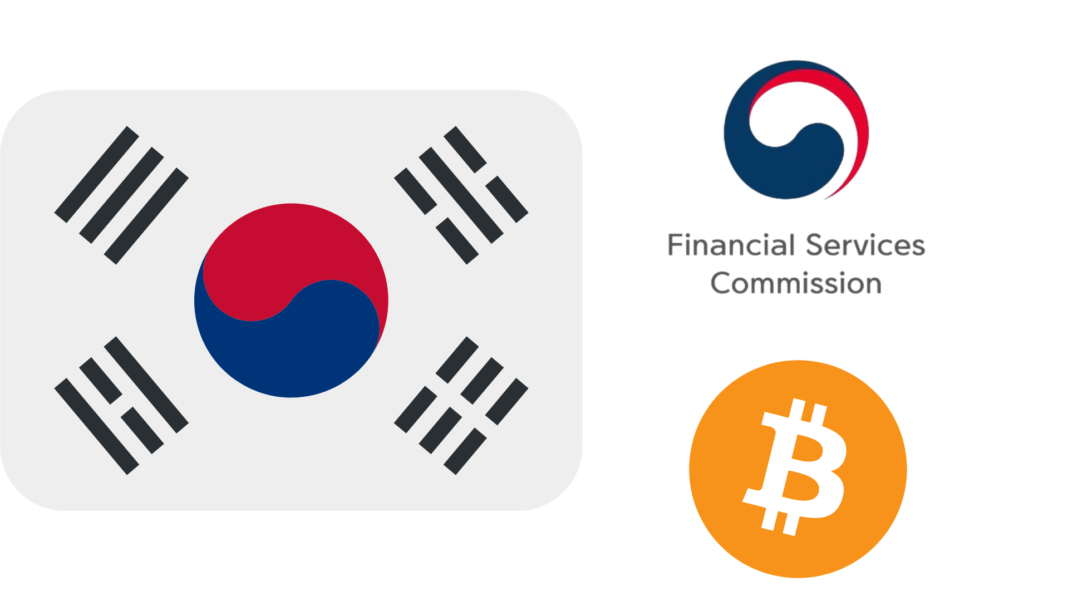As cryptocurrency adoption continues to gain momentum globally, South Korea is grappling with how to approach the future of digital assets. Kim Byung-hwan, Chairman of South Korea’s Financial Services Commission (FSC), recently addressed rising calls for the country to start building a Bitcoin reserve to secure the liquidity of digital assets.
In an interview with South Korean news outlet Newsprime on November 24, Kim dismissed the idea of a national Bitcoin reserve, calling it “a bit of a distant story” for the time being.
South Korea Puts Bitcoin Reserve on Hold
Kim’s remarks come amidst growing global interest in cryptocurrencies and their potential role in national economies. While he acknowledged the friendly stance towards crypto adopted by U.S. President-elect Donald Trump, he emphasized that South Korea would wait to see how other nations respond to Trump’s plans before making any significant moves.
Trump’s administration is expected to adopt a more favorable policy towards cryptocurrencies, a stark contrast to the previous U.S. administration’s conservative approach.
South Korea’s Wait-and-See Approach
Kim’s comments reflect South Korea’s cautious but increasingly open approach to the crypto market. Unlike the U.S., where Bitcoin and other cryptocurrencies have gained substantial institutional support, South Korea has been more measured in its strategy.
Kim emphasized that South Korea would not rush into stockpiling digital assets like Bitcoin, as Trump’s administration has proposed. “There is no need for Seoul to stockpile cryptocurrencies,” he said, adding that the country would monitor global trends and adjust its stance based on how other nations, particularly the U.S., move forward.
This “wait-and-see” approach underscores the complexities faced by South Korea, a country that has witnessed rapid growth in cryptocurrency trading volumes.
While cryptocurrencies have surged in popularity, the market’s volatility has raised concerns, particularly about the potential for unfair trading practices.
South Korea’s Focus on Monitoring the Crypto Market
Kim also noted the need for increased oversight of the crypto market in light of the rapid price increases and high volatility. As the market grows, so does the risk of unfair trading, which has led to calls for stricter regulations to protect investors.
The FSC Chairman emphasized that more money should flow into the traditional stock market, rather than the increasingly volatile crypto market, which has attracted large numbers of retail investors.
In recent years, South Korean regulators have moved towards tightening control over cryptocurrency activities. Most notably, the Democratic Party of Korea announced plans to implement a 20% cryptocurrency tax starting in January 2025. This move is expected to help the government regulate the sector while also ensuring that digital asset profits are taxed like traditional financial markets.
Increased Oversight of Cross-Border Crypto Transactions
In addition to the new taxation plans, South Korean regulators are intensifying their efforts to monitor cross-border crypto transactions. The government aims to combat tax evasion and illicit foreign exchange activities by increasing oversight of cryptocurrency transactions that cross international borders.
This is a key issue for South Korea, as many cryptocurrency exchanges and digital asset transfers occur outside the country’s borders, making it difficult to track and regulate transactions effectively.
The growing regulations in South Korea highlight the country’s desire to balance innovation with security. As the global cryptocurrency market continues to expand, South Korea’s government is increasingly focused on maintaining oversight, protecting investors, and ensuring that digital assets do not pose systemic risks to the financial system.


